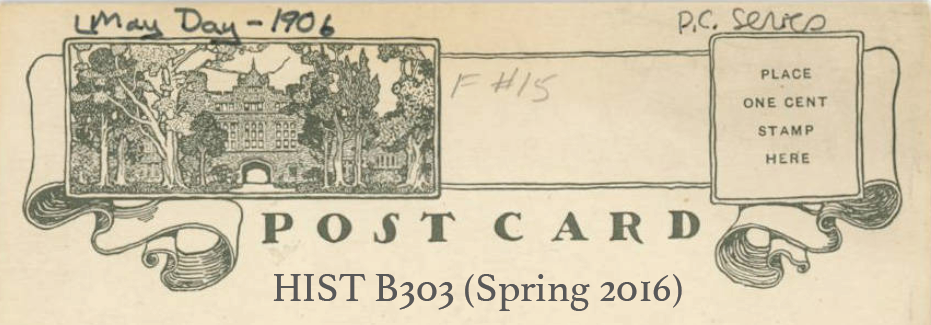It was funny to me that the “Historians in Wikipedia” article ended with, “Do not be afraid to click that edit button.” Here, Phillips and McDevitt-Parks name an emotional labor to creating history. They highlight that there is anxiety that comes with asserting authority and knowledge. Though academia is seen as cold and unfeeling, the degree that it awards you structures class and therefore structures shame and pride. If you aren’t wealthy or have the opportunity, you can’t pursue the PhD or a college degree, which legitimizes your claims to assert that you have knowledge. There is a fear that comes with inserting yourself in a space that you feel you don’t belong. However, Wikipedia creates a separate space where history comes alive, in a way. Wikipedia entries both assert authority and are ever-changing, living documents. I wonder about the ways that the Summer School was doing similar work as Wikipedia, in terms of making learning and authority more accessible and open. In extending a space to working class women, did that make Bryn Mawr a malleable place, in the way that Wikipedia posts are editable documents? I’m inclined to say no, because the women were not able to edit Bryn Mawr in the way that we can write and rewrite Wikipedia posts. It follows then that the principles of the two institutions are different. Wikipedia was founded to be accessible, and Bryn Mawr was founded to be exclusive. How much can we truly edit Bryn Mawr in order to make it accessible?
History in Public: Race, Gender, and Campus Memory
Professor Monica L. Mercado | Bryn Mawr College Department of History (Spring 2016)

This is a great post, Sofi! It’s funny because even though I go here and know that its not the “Edith Cook” Center, I still hesitated to correct the Bryn Mawr College Wikipedia entry. I think this hesitation speaks somewhat to the themes you address and more broadly to the ideas that we have talked about regarding who gets to make history, who are insiders and outsiders, etc.